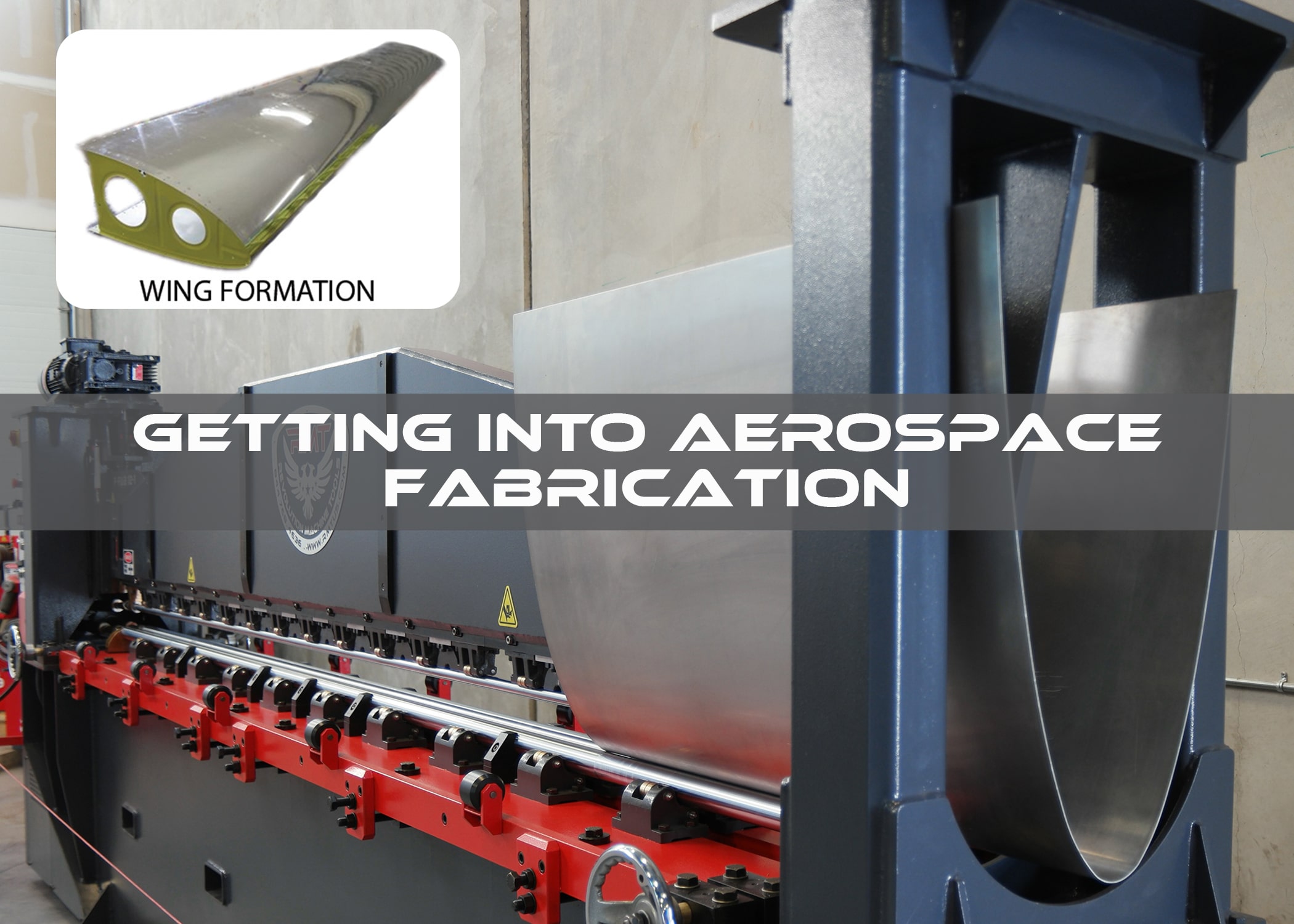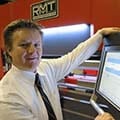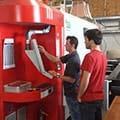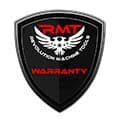A Foot in the (Hanger) Door
While it may seem like a pipe dream for a small metal fabrication shop to want to get into the aerospace industry, there are opportunities available in the field for fabricators of every size. While a neighborhood shop might not get a contract to build the next booster rocket to be launched into space, they can do work on a smaller level for local aviators and begin to work their way into this niche arena.
There will always be a need for a small shop of “tin-knockers” to put out simple sheet metal parts, but any opportunity a fabrication business receives to work their way into more technical sectors is always desirable. Doing work in the automotive, defense, energy, medical, and semiconductor fields will bring greater profits to a fab shop in the long run than most any other types of clients. Aerospace is one field that (literally!) has no place to go but up, so the fab shop that is successful in getting a foot in the door there will find a significant return on their investment in equipment and manpower.
Some Steps to Get Started
Getting into the aerospace industry as a metal fabrication shop requires careful planning, adherence to industry standards, and building strong relationships.
The following are some of the things your shop and team should work on:
- Understand Aerospace Requirements. Familiarize yourself with the specific requirements and standards in the aerospace industry. This includes quality control standards, materials specifications, and safety regulations.
- Certifications and Compliance. Ensure compliance with aerospace industry standards and regulations. Obtain necessary accreditations and certifications, such as Nadcap (National Aerospace and Defense Contractors Accreditation Program) and AS9100, a quality management system standard for aerospace.
- Invest in Equipment and Technology. Upgrade your equipment and technology to meet the precision and quality standards required in aerospace fabrication. This may include CNC machining, advanced welding processes (like laser welding and electron beam welding which create a smaller heat-affected zone), and specialized materials.
- Training. Train your staff in aerospace manufacturing processes, quality control, and safety standards. Having skilled and knowledgeable personnel is crucial.
- Build a Portfolio. Develop a portfolio showcasing your capabilities and past projects. Highlight any experience in aerospace or similar high-tech industries.
- Networking. Attend industry trade shows, conferences, and networking events. Connect with aerospace manufacturers, suppliers, and engineers. Building relationships is key.
- Supplier Qualification. Aerospace companies often have stringent supplier qualification processes. Ensure your business meets these requirements, including financial stability, quality control, and delivery capabilities.
- Demonstrate Reliability. Consistently meet deadlines and deliver high-quality products. Building a reputation for reliability is crucial in the aerospace industry.
- Stay Informed. Stay updated on industry trends, new materials, and emerging technologies. This knowledge will help you adapt to changing requirements so you can stay competitive.
- Request for Qualifications (RFQs). Respond to RFQs from aerospace companies, being sure to tailor your proposals to highlight your capabilities, experience, and commitment to quality.
- Collaborate with Aerospace Engineers. Find ways to collaborate with aerospace engineers during the design phase of any projects you win. Being involved early can help you understand specific requirements and optimize your manufacturing processes.
- Continuous Improvement. Implement a culture of continuous improvement, where you regularly assess and enhance your shop’s processes to meet or exceed industry standards.
Aircraft Rolls Will Give Your Clients Wings
Mere months before America became embroiled in World War II, the Farnham Manufacturing Company of Buffalo, New York, rolled out some unique machines that were quickly gobbled up by nearly two dozen aircraft manufacturers. Originally a maker of machinery used in paper mills in the 1890s, a half century later Farnham developed a specialized rolling machine that could readily form the intricate tapers needed to make the leading edges of aircraft wings. When the war hit, the Farnham rolls became an essential component of the US’s air efforts.
Although the original machines eventually went out of production—used Farnham rolls can fetch a good price today—twenty-first century fabrication machine builders have started to construct them again. A leader in the industry, Revolution Machine Tools, was one of the earliest to offer updated aircraft rolls. “We decided to bring them back. We have some customers that need them,” RMT’s Kyle Jorgenson said, adding “It’s really hard to find used [Farnham] machines, especially in good condition.”
Once you begin to establish yourself doing fabrication work for those in the aerospace industry, see if they need to fabricate the tapered leading edges of flaps, slots, wings, or propellors. If so—and if the expected work looks like it will justify the investment—consider purchasing one of the modern, state-of-the-art aircraft rolls that are on the market (and a few manufacturers offer aircraft rolls with NC consoles for very precise control and repeatability). With such a machine in your inventory, along with the required skill to run it properly, you can begin to make significant inroads into your local aerospace market as more potential clients learn about your company. Entering the aerospace industry requires a commitment to high standards, precision, and compliance. It may take time to establish a reputation, but with dedication and quality work, your metal fabrication shop can become a trusted partner in the aerospace sector
